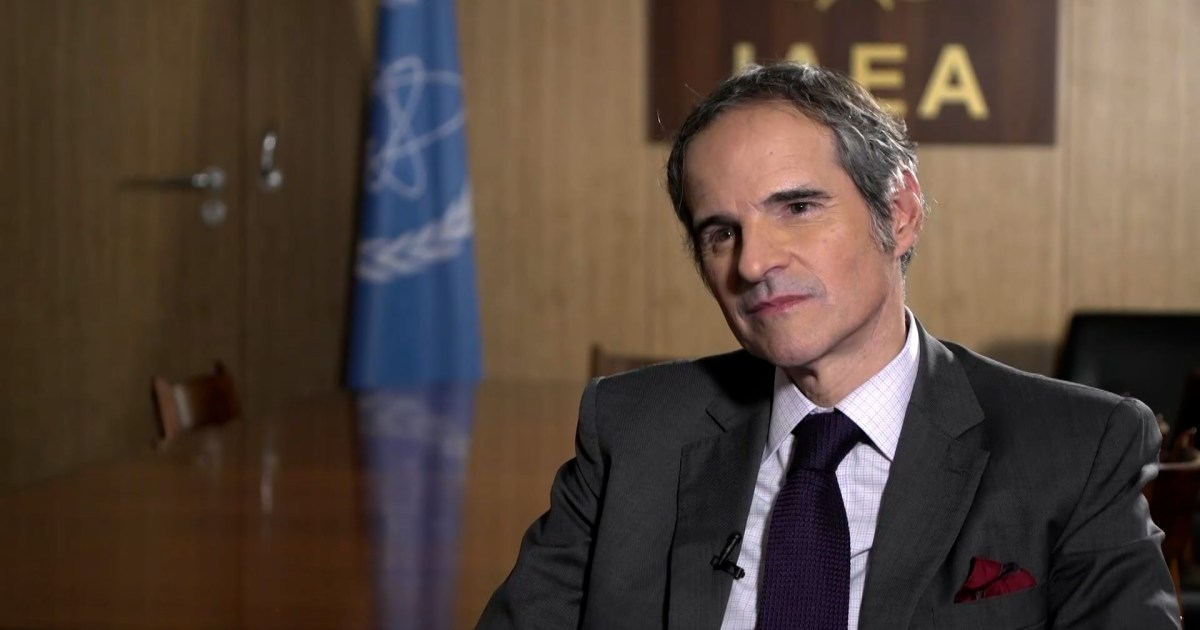Grossi explained - in an interview with Al Jazeera broadcast on 12/12/2021 - that the first dispute is related to the
"Karaj"
workshop
, as the agency is discussing with Iran the re-installation of the cameras in this workshop, so that it can see what is going on in it, and thus reassure The international parties involved in negotiating with Tehran regarding a return to the nuclear agreement.
Although Grossi confirmed the correctness of what Tehran says that “Karaj” is just a workshop and not a facility, he clarified that this workshop is where centrifugal equipment is manufactured, so cameras must be installed in it. He said that these cameras were disabled last June, and supported What Tehran said was that the workshop was exposed to an act of sabotage, expressing its regret for the occurrence of such an act.
As for the second obstacle that the IAEA is trying to overcome with Tehran, it is related to finding nuclear traces in places that were not previously disclosed, explaining that the agency demands that Tehran provide an explanation for the existence of such residues.
As for the inspection of the rest of the Iranian nuclear facilities - such as Natanz - he confirmed that the agency is completely satisfied with its ability to carry out its work in these facilities.
With regard to the concerns raised by some international and regional powers that Iran could build a nuclear bomb, the international official stressed that he could not answer this question, but he could say that Tehran had reached high levels of uranium enrichment.
Which makes it close to reaching a nuclear bomb.
Regarding the nature of the work of the IAEA, Grossi explained that the agency undertakes major tasks, including the responsibility for international nuclear control, to ensure the commitment of countries that possess nuclear energy not to divert this energy to hostile military fields against others.
He also pointed out that the agency bears the responsibility for the safety of civilian nuclear reactors scattered around the world, and to ensure that they operate in a safe and secure manner. It also plays an important role with regard to medicines that contain nuclear energy, such as cancer medicines or tumors that require nuclear radiation.
The Director-General of the Atomic Energy Agency spoke about the importance of peaceful nuclear energy, noting that 440 nuclear reactors are located around the world and are operating properly, while 50 reactors are still under construction.
The international official did not support the positions of some countries that decided not to resort to nuclear energy, such as Japan, after it was exposed to the well-known disaster, stressing the importance of nuclear energy in many areas of life.

